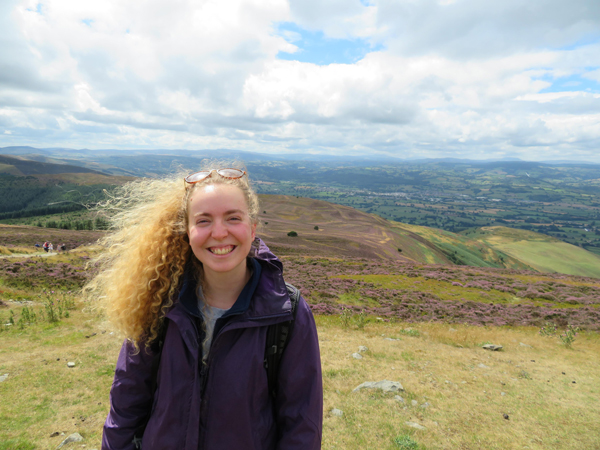
Summary
Across the UK, many freshwater ecosystems are experiencing more frequent and widespread blooms of filamentous macroalgae, more commonly known as blanket weed blooms. This infographic explores the main causes of these blooms and the impacts they have on both lake ecology and ecosystem services. It is aimed at KS3 secondary school students who are learning about ecosystems and eutrophication in their Geography and Biology curriculums.
Transcript
Blanket weed is the common name given to filamentous macroalgae that grow in freshwater bodies. Common species found in the UK include Cladophora, Ulva and Spirogyra.
Causes of blanket weed blooms
Across the UK, many freshwater ecosystems are experiencing more frequent and widespread blooms of filamentous macroalgae. Research has found that increased nutrient concentrations in UK freshwaters is one of the main causes:
Agricultural run-off – Diffuse nutrient pollution from fertilisers used in farming: dominant in nitrogen.
Sewage treatment works – Point-source nutrient pollution from treated sewage wastewater: dominant in phosphorus.
Internal loading – Release of nutrients from lake sediments into the water column that can be used by macroalgae.
Impacts of blanket weed blooms
The formation of thick macroalgae mats on lake surfaces has the potential to cause major ecological damage.
Oxygen concentrations in the lake water can become depleted when large masses of algae and organic matter in the mats decompose. This can lead to anoxic conditions and the death of other organisms such as fish. Algal mats reduce aquatic plant life due to shading.
Macroalgae blooms can look unsightly when they cover large areas of a lake surface and as the algae decomposes it can produce foul smelling odours. Blooms can also harbour dangerous bacteria.
These blooms can reduce the amenity value of lakes by preventing water-based activities and negatively impacting important conservation work.
Want to know more?
hannah.kemp@nottingham.ac.uk @Hannah_Kemp24
Hannah Kemp

Hannah is a first year PhD researcher at the University of Nottingham investigating filamentous macroalgae growth in the UK freshwaters. Her area of interest has developed around freshwater bodies, exploring the physical characteristics of lakes, how they change overtime and the advantages and disadvantages of implementing different restoration and management techniques. Hannah’s PhD is in partnership with the National Trust, with Clumber Park, Nottinghamshire as my field site. Hannah loves being outside, going on long walks and eating cake!
Email: hannah.kemp@nottingham.ac.uk
Twitter: @Hannah_Kemp24
Organisation: University of Nottingham

